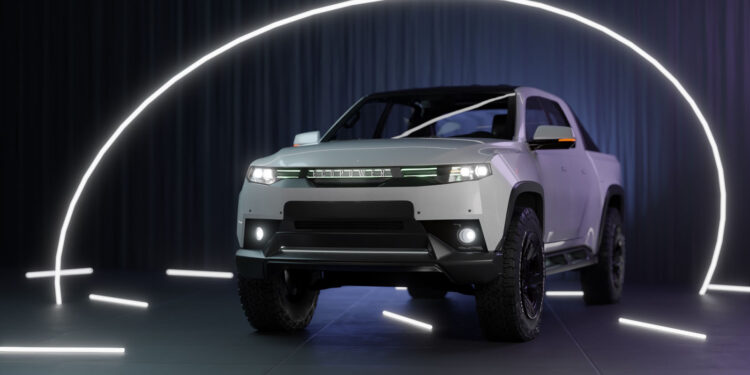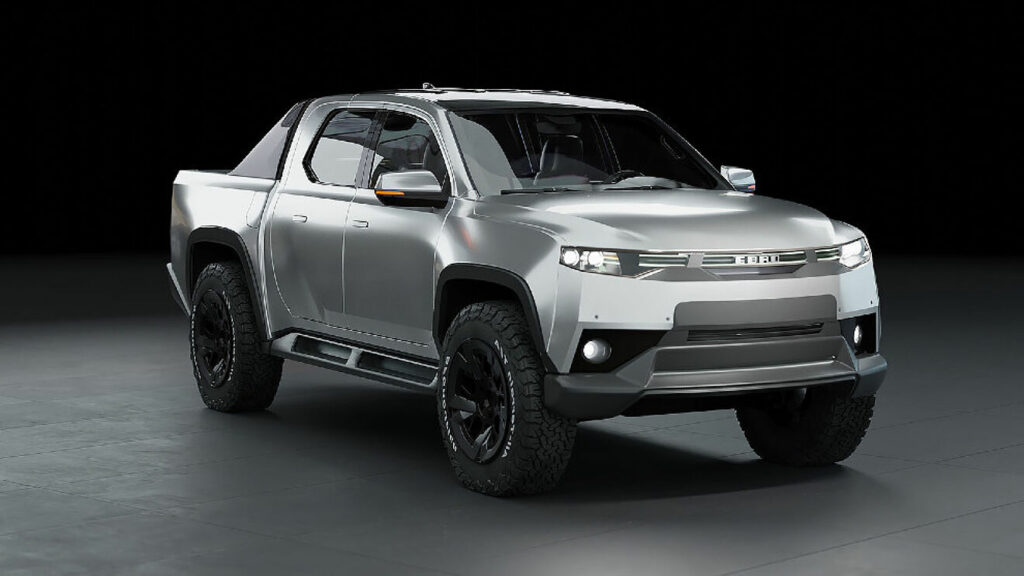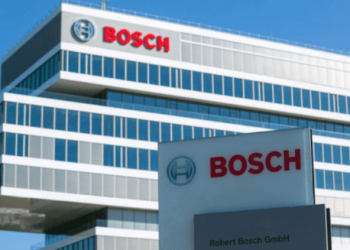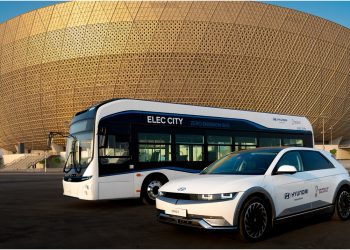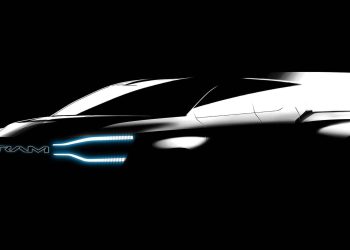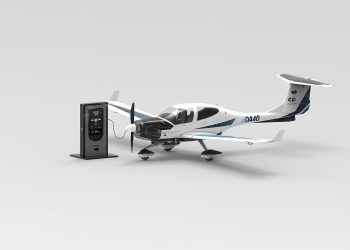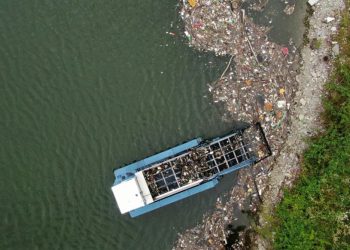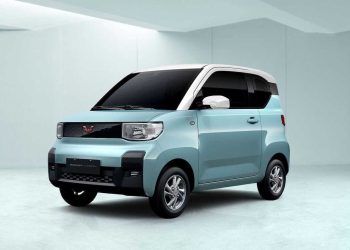A brand that made history in the automobile industry since 1954 and disappeared in the 80’s, is back again on the market with a pick-up line called the “Spanish Tesla”, because of its origins and electric technology.
It is Ebro, which is back, sponsored by a team of companies, including Ecopower, and announced the launch of an electric pick-up truck, with the promise of re-positioning the company, formerly known in the 50’s, 60’s and 70’s.
According to the carmaker, the intention is to use Nissan’s facilities, which will be abandoned at the end of this year at the Zona Franca in Barcelona, and use the Navara platform as a starting point for the creation of an entire line of all-terrain vehicles.
First Tests
Before announcing this project, the group of entrepreneurs has had a previous base through a vehicle sponsored by Acciona, which managed to finish a Dakar rally. This company has also shown interest for acquiring several thousand units of this pick-up for its fleet.
The relaunch plan, which involves, apart from Ecopower, QEV Technologies, BTECH and Ronn Motor Group, considers a one billion euro investment over the next five years, as well as the creation of more than 4,000 direct jobs, and 10,000 indirect jobs.
A Broad Program
The developers of the electric vehicle have announced that their ambitions are not limited to the pick-up. They plan to produce industrial and last-mile vehicles, as well as electric platforms for eight- and 12-meter buses and small trucks.
“Our goal is to promote sustainable mobility as a whole, an industry where we are an internationally recognized player, but now looking for vehicle industrialization to deeply transform the new mobility, as well as urban transport and last-mile logistics,” says Joan Orús, CEO of QEV Technologies.
Related content: Huawei to Manufacture an Autonomous Electric Vehicle with GAC
The project also involves continuing with some of Nissan’s existing lines, such as the e-NV200, under a brand new name.
They also plan to set up a battery homologation and certification center, with APPLUS Laboratories; hydrogen cell manufacturing with SISTEAM; and micro-mobility battery exchanger production with VELA Mobility.
The investors are looking to create a decarbonization network, as they have called it, that would place Spain as a technology leader in electric mobility innovation, all at Nissan’s facilities.
The plan also includes a battery development center by EURECAT, and carbon fiber wheel rim production with W-CARBON.
Written by I Jhonattan González



